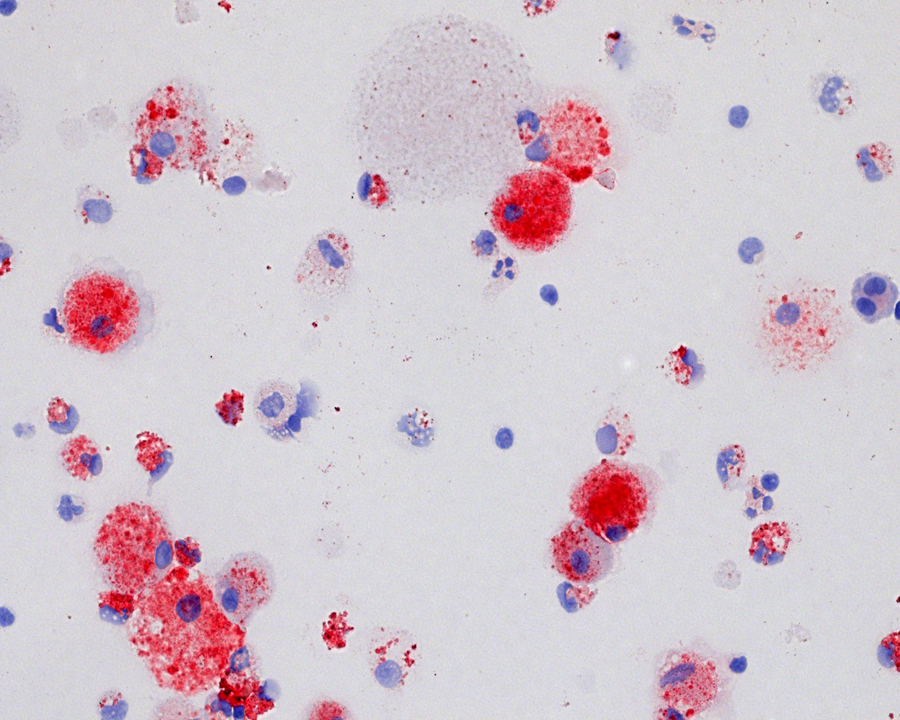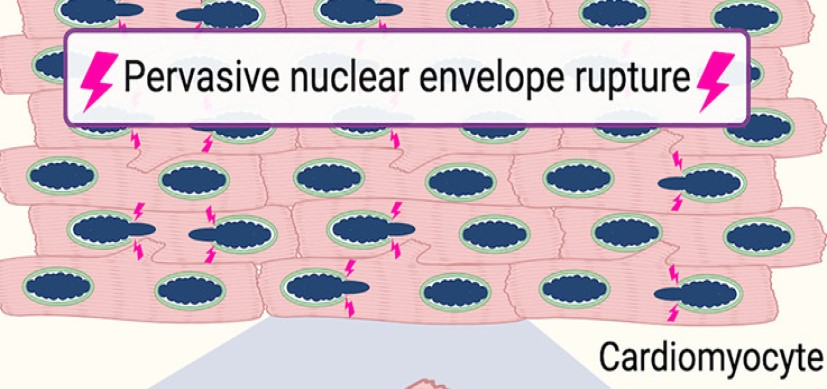Statins Effective in Treating Pulmonary Alveolar Proteinosis
Research By: Bruce Trapnell, MD
Post Date: July 1, 2019 | Publish Date: Aug. 7, 2018

Cholesterol-busting statins can effectively treat pulmonary alveolar proteinosis (PAP), a disease that causes air sacs in the lungs to clog with surfactant, according to new research led by Bruce Trapnell, MD, Director of our Translational Pulmonary Science Center.
Years ago, Trapnell and colleagues showed that PAP is linked to disrupted cell regulation by the molecule granulocyte-macrophage colony stimulating factor (GM-CSF). On Aug. 7, 2018, Trapnell and first author Cormac McCarthy, MD, PhD, reported in Nature Communications that the disruptions caused by GM-CSF reduce the ability of macrophages to process and clear out cholesterol. This contributes to the accumulation of surfactant that causes PAP and hinders breathing.
The discovery “will change thinking in the PAP field,” Trapnell says. “Now that we know cholesterol in macrophages is a target for therapeutic development, repurposing statins is a straightforward pharmacological approach for treating people with PAP.”
The findings are expected to lead to a larger clinical trial to test statin therapy.
| Original title: | Statin as a novel pharmacotherapy of pulmonary alveolar proteinosis |
| Published in: | Nature Communications |
| Publish date: | Aug. 7, 2018 |
Research By







